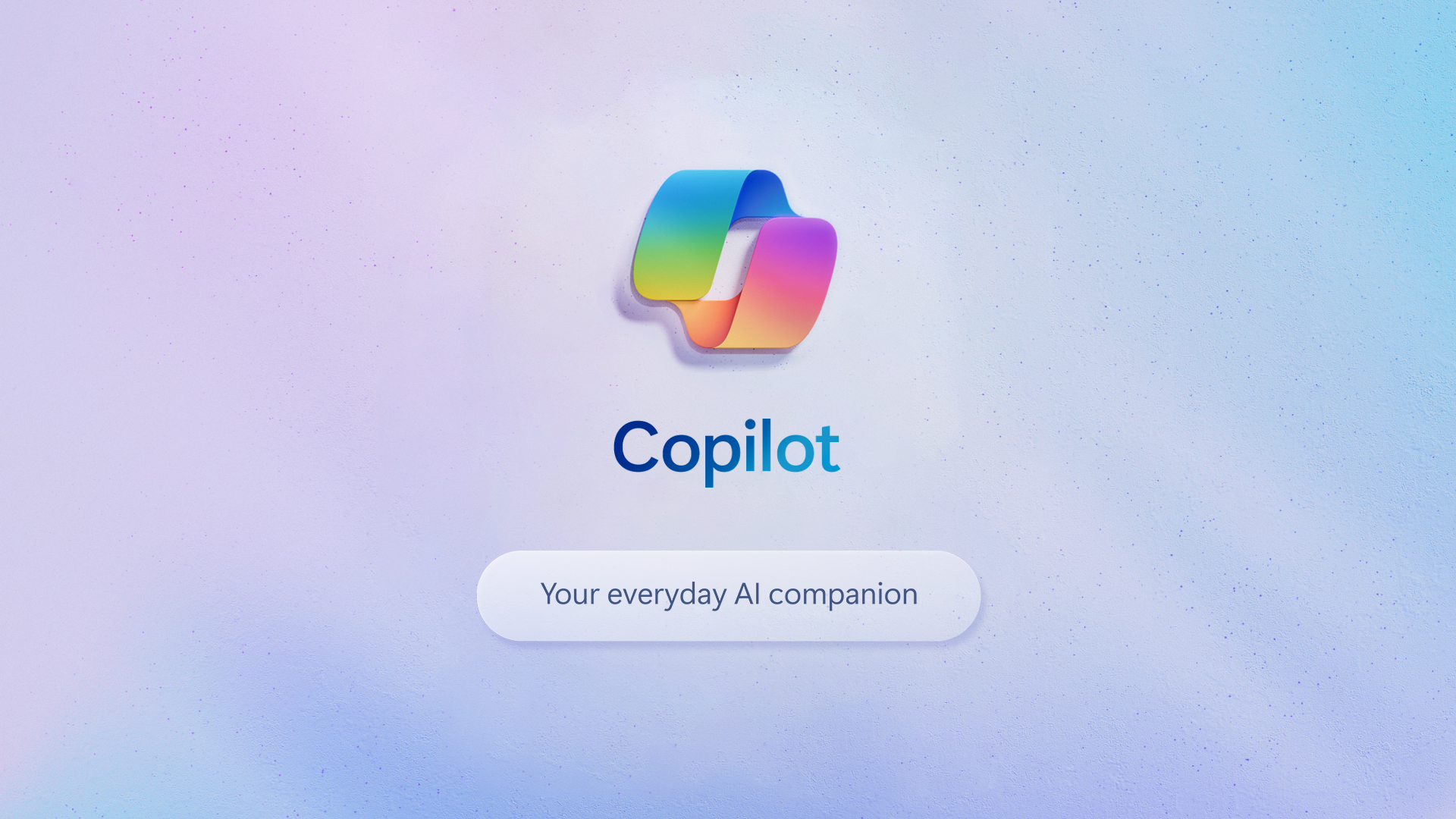On the anniversary of the historic Artemis I launch, Paul Brook, the Director for Data Analytics and AI in the EMEA region for Dell Technologies, sheds light on the pivotal role that big data plays in space exploration and discusses recent transformations in the AI sector.
Paul Brook: A leading figure in data analytics and AI
Paul Brook’s journey with Dell Technologies began in 2007 when he joined the company as a consultant specializing in supercomputers and high-performance computing in the public sector. Over the years, he has held various management positions within the company, and currently, he leads a team of 20 specialists who assist clients in exploring technology options, including AI and edge computing.
The significance of big data
One of the key areas of focus for Paul Brook and Dell Technologies is big data. Big data refers to the enormous and challenging-to-manage volumes of data that are becoming increasingly prevalent as data availability continues to grow. It plays a central role in various industries, including space exploration.
Dell’s collaboration with NASA
Dell Technologies has been working closely with NASA, one of the foremost organizations in space exploration, to harness the power of big data. NASA relies on Dell’s infrastructure to support its operations, including the groundbreaking Artemis I launch that took place last year.
Paul Brook explains that Dell Precision workstations were instrumental in allowing the NASA team to effectively process and analyze vast amounts of data in real-time, ultimately contributing to the mission’s success. As data continues to expand, Dell Technologies strives to develop new tools that can keep pace with the need for rapid data collection, processing, and analysis.
Big data’s critical role in space exploration
The space sector has witnessed a transformation driven by the increasing volume of data that requires constant monitoring and analysis. For instance, during the Artemis I launch, NASA needed to interpret over 185,000 critical data points and telemetry data across various stages of the mission. Dell’s computational capabilities played a vital role in managing this massive influx of data.
Moreover, Dell PowerEdge servers were employed to provide the substantial computing power and resilience necessary for the complex mission. These servers enabled NASA to run flight software applications, monitor systems in real-time, and analyze data, demonstrating the integral role of big data in space exploration.
Future collaborations with NASA
Paul Brook reveals that Dell Technologies will continue its collaboration with NASA on the Artemis II mission, which represents NASA’s first moon mission involving astronauts in nearly five decades. Scheduled for November 2024, this mission highlights the ongoing importance of cutting-edge technology and big data in space exploration.
The rise of generative AI
Brook emphasizes that the surge in big data is driven by technological advancements in AI, edge computing, and the Internet of Things (IoT). These technologies are poised to revolutionize multiple industries, from manufacturing to healthcare, by offering substantial productivity gains.
Generative AI, in particular, has made remarkable progress in recent years. Brook suggests that the rapid developments in this field may necessitate a new edition of his 2018 book, “The Life of AI,” which explored the impact of AI on the digital age.
Generative AI: A transformative technology
Generative AI has emerged as one of the most significant innovations in technology over the past five years. Unlike earlier AI, which primarily focused on data analysis and prediction, generative AI leverages existing data to create entirely new content. It has the added advantage of making AI more accessible by using human language as the user interface, reducing the need for specialized computer science knowledge.
Brook believes that AI is the key to unlocking the true value of data and is poised to become one of the most crucial tools for businesses of all sizes.
Expanding AI’s role in business
While consumer-grade AI has garnered significant attention recently, Brook emphasizes that the real opportunity lies in making AI enterprise-ready and harnessing the power of data to drive innovation and growth. Dell Technologies has been at the forefront of this effort, collaborating with ecosystem partners like Intel and Nvidia to develop generative AI capabilities.
The acceleration of the AI sector
Paul Brook predicts that the pace of development in the AI sector will continue to accelerate. However, he also stresses the importance of businesses looking beyond AI and exploring the potential of emerging technologies, such as edge computing, to fully realize the benefits of AI.
Moreover, he underscores the need for sustainable growth in the AI sector, emphasizing the importance of environmental protection, reduced emissions, and renewable energy sources. AI represents a significant technological leap, and efforts to make it sustainable should be on par with its creation.
As big data and AI continue to shape the future of space exploration and various other industries, the insights provided by Paul Brook highlight the critical role technology plays in advancing our understanding of the universe and enhancing business capabilities on Earth.





